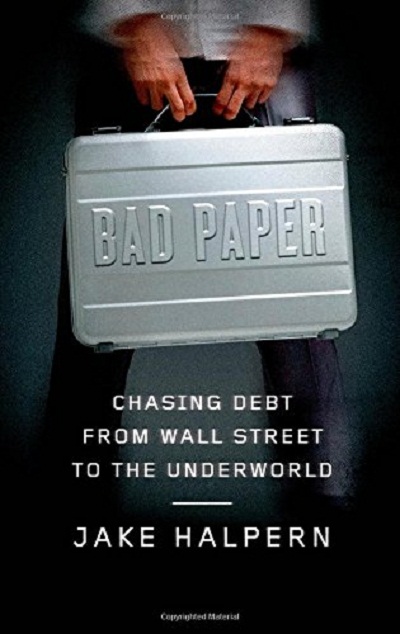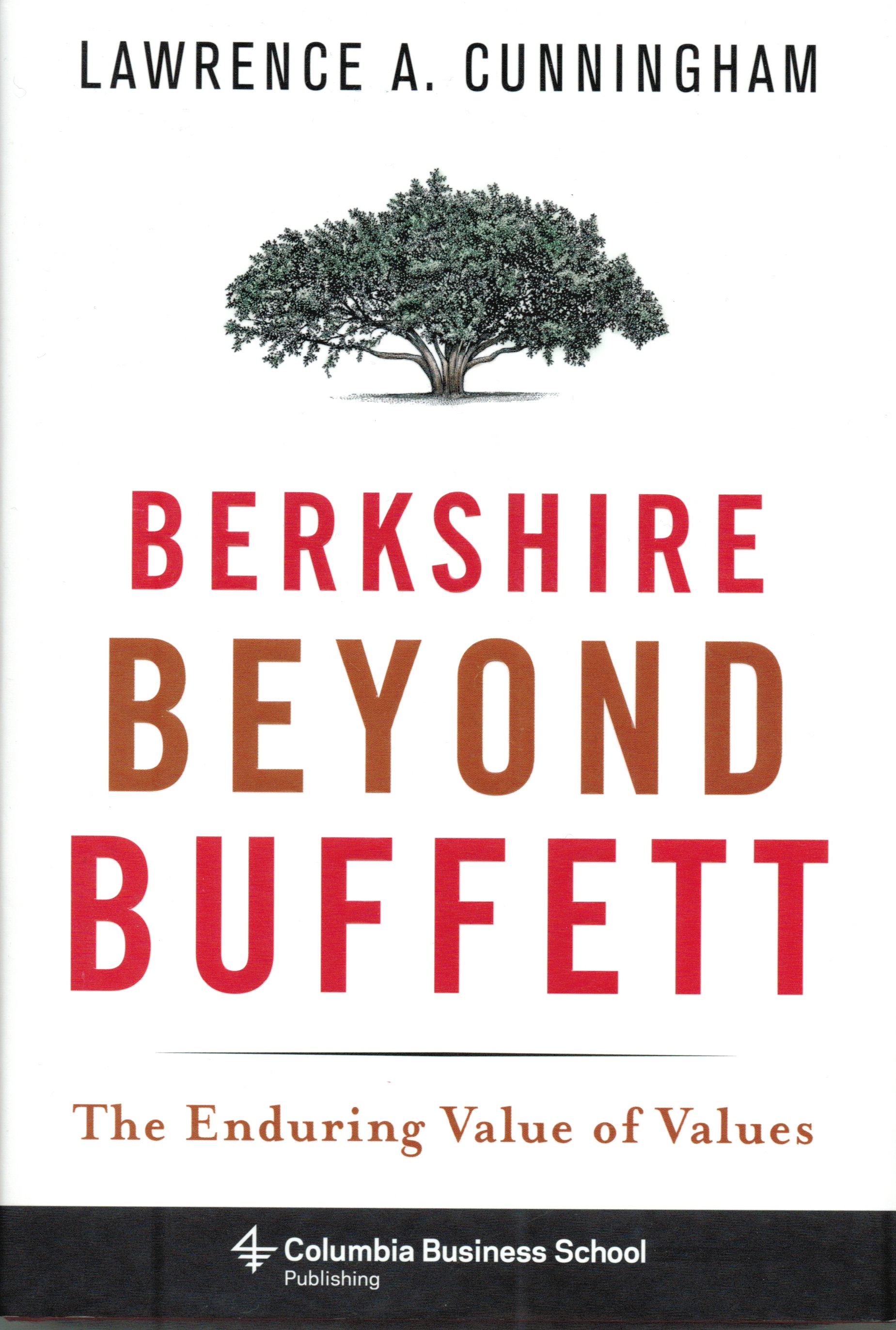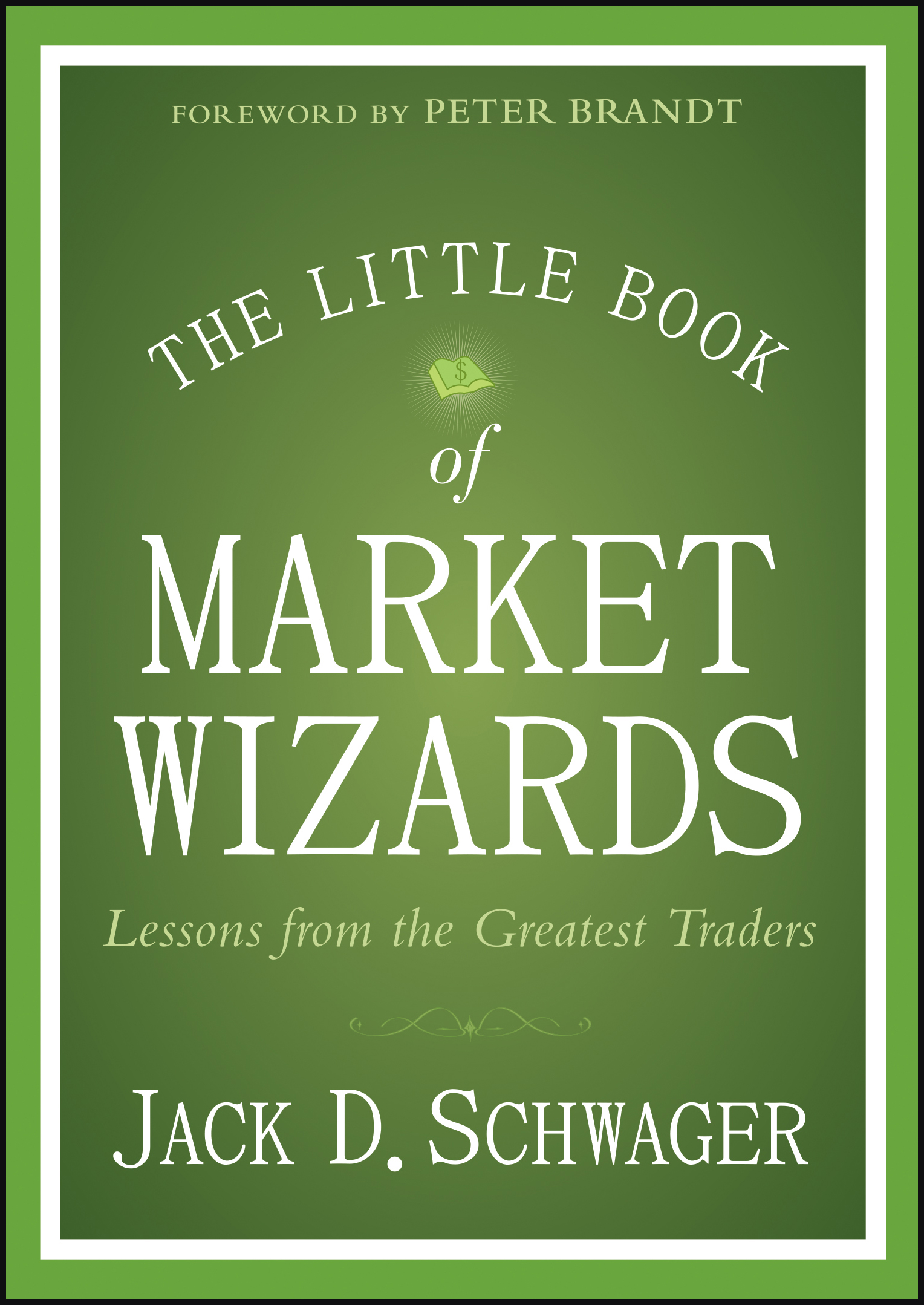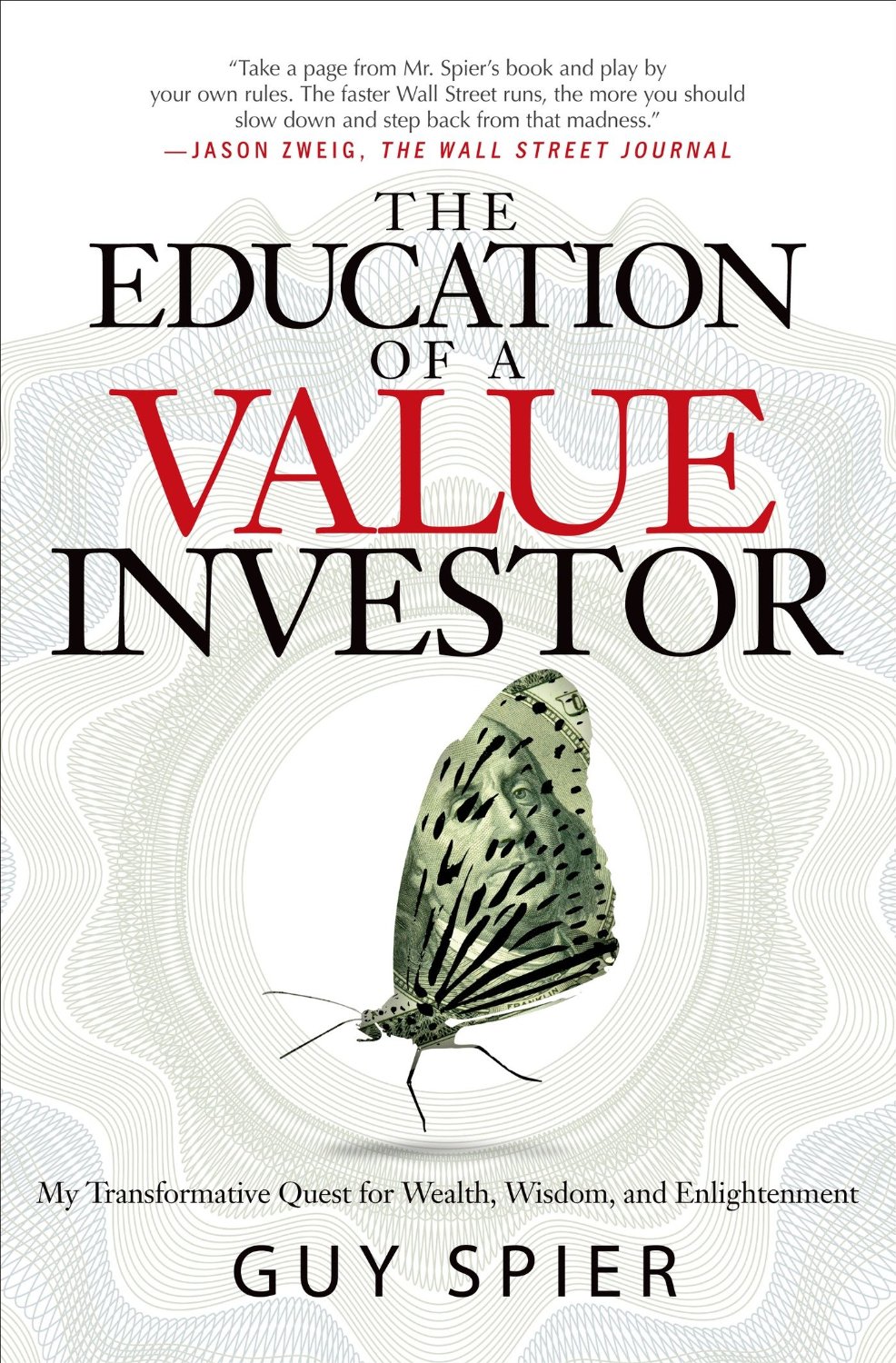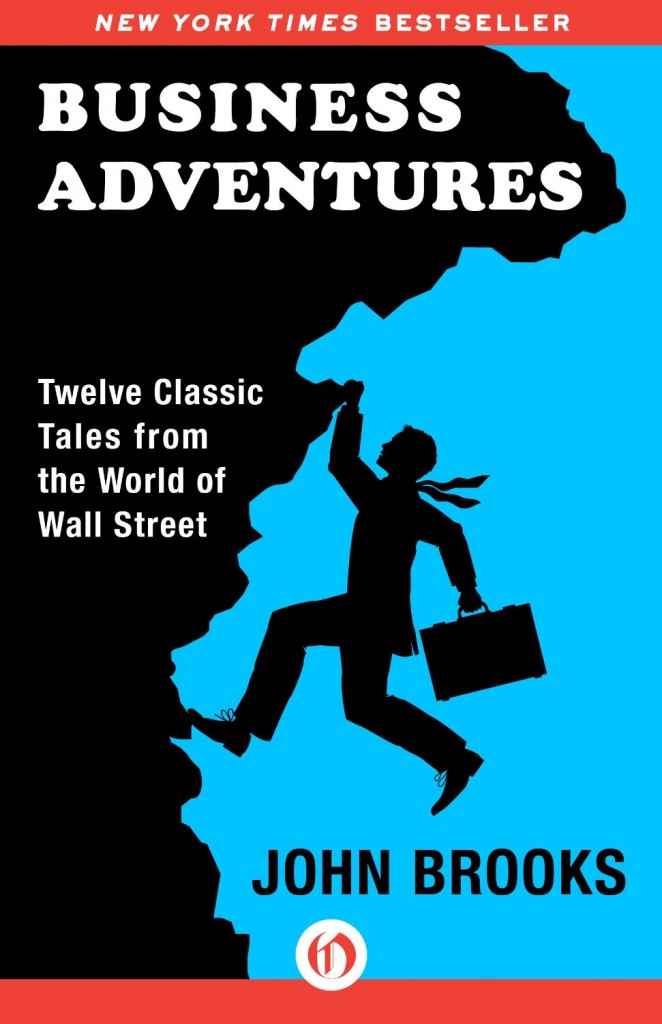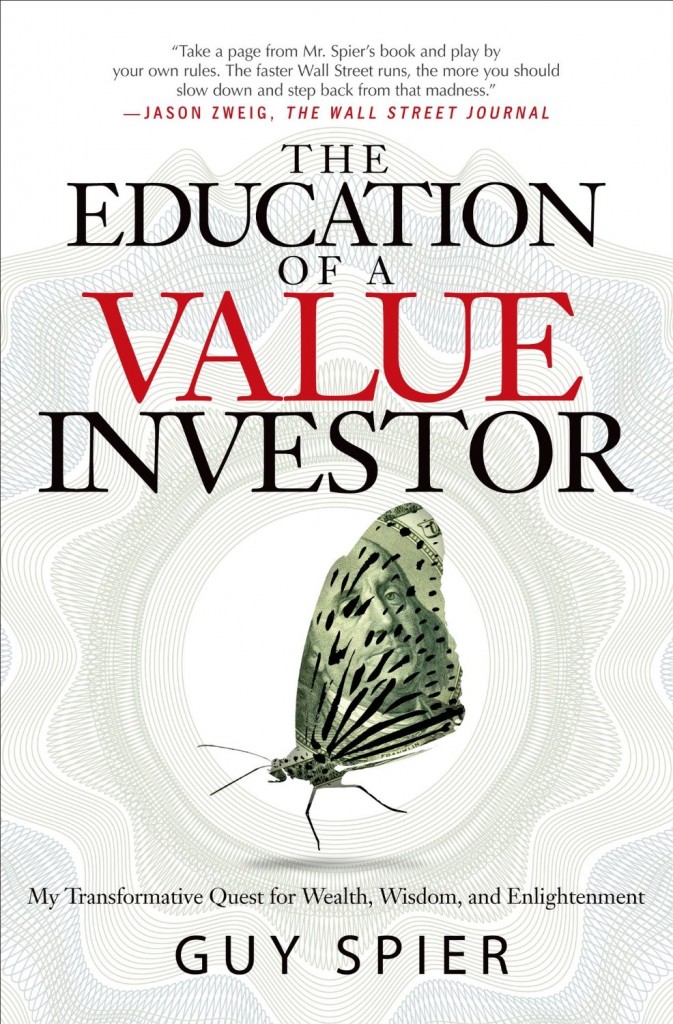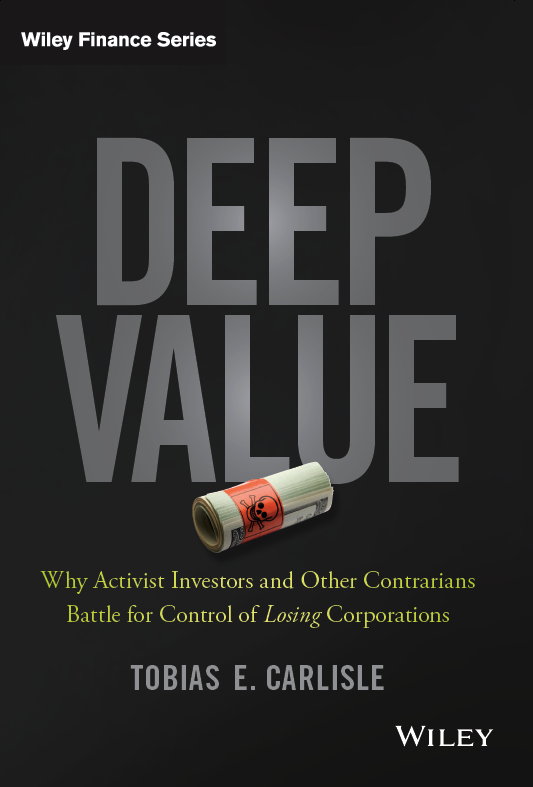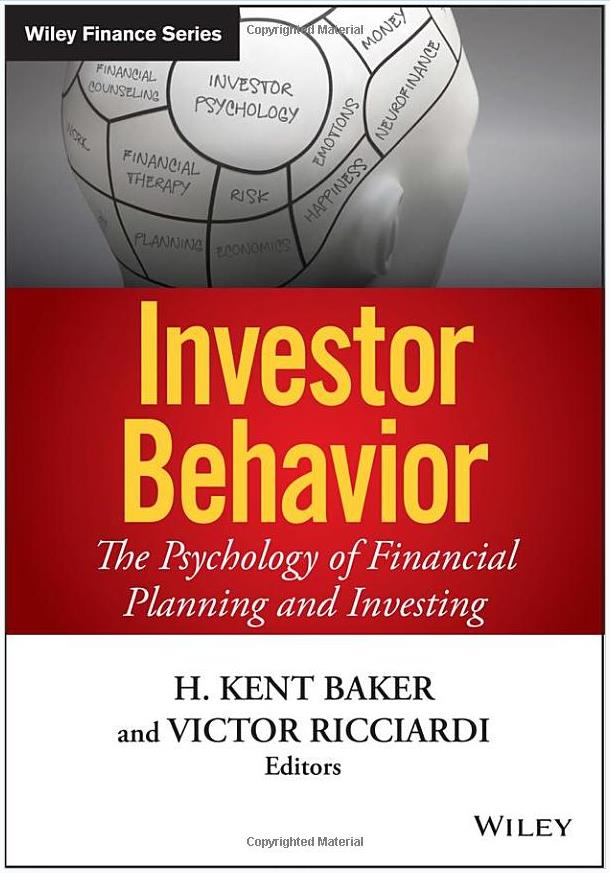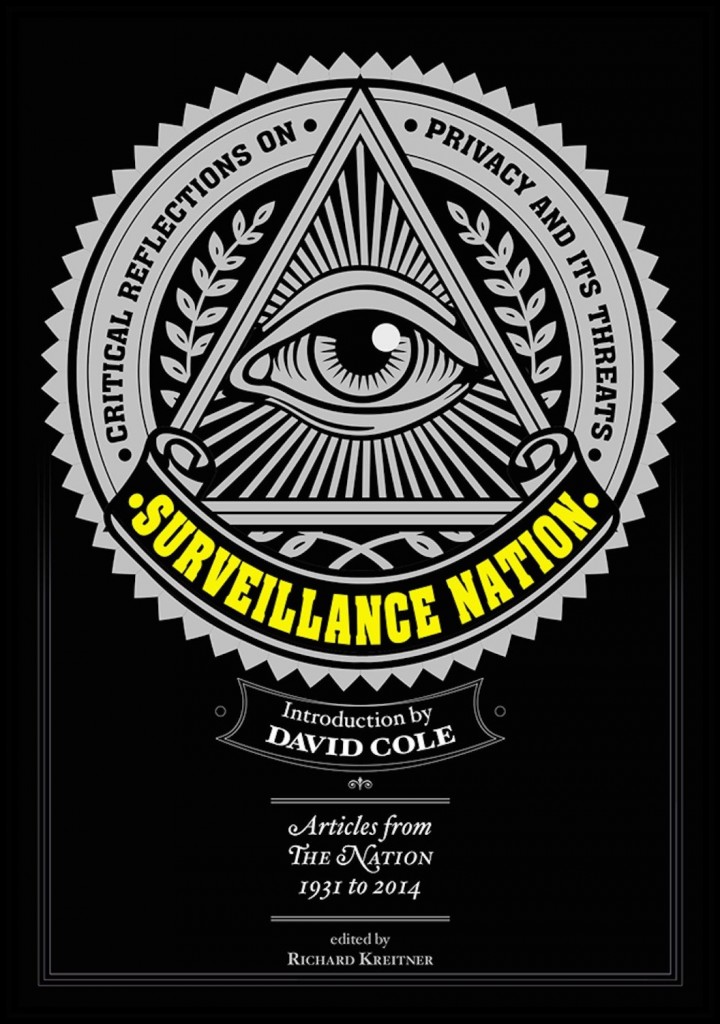Book Review: Bad Paper
This book has two significant types of insights: on people and on market failure.? It does well with both of them, but spends most of its time on the former, because it is more interesting.? That said, the second set is more important, and is buried in a few places in the second half of the book.
With people, this book answers the following questions:
- Why does this book largely take place in Buffalo, NY? Because entrepreneurs got started there, and found it easy to acquire talent there.
- Why does the industry employ a lot of ex-convicts? There are some crossover benefits to having been through the rough-and-tumble of street life that gives an edge in dealing with desperate people who have bad debts.
- Is there an ethical code for debt collectors? Well, yes, sort of.? Kind of like ?the code? from the movie Repo Man ? don?t tell debtors they are in legal trouble, don?t threaten, treat them with kindness, don?t buy debt where you don?t have a clear chain of title, don?t sell lists of debts to collect where the debtors have already been verbally flogged.
- Do all debt collectors follow the code? Well, no, and that is one place where the book gets interesting, as various debt collectors look for edges so that they can make money off of debts that creditors have given up on.? There *is* honor among thieves, and be careful if you cross anyone powerful or desperate enough.
- Can?t you use the legal system to try to recover money on the debts? Well, only at the end, and even then it is difficult, because if the debtor asks for evidence on the debt that is being collected, the debt collector usually doesn?t have it, and the case will be dismissed.? It is best for collectors to come to settlements out of court.
The book follows around debt collectors and those associated with them, a colorful bunch, who see their see their opportunities flow and ebb as the financial crisis first produces a lot of bad debts to work on, and they mine that ore until the yields get poor.? Some of these people you will gain sympathy for, as they are trying to make a buck ethically.? Others will turn you off with their conduct.
As for market failure issues, you might wonder why the credit card companies and other creditors don?t pursue the debtors themselves.? Why do they sell the right to collect on unsecured debts at such deep discounts to the face value of the debts? [Pennies on the dollar, or less?]
The creditors don?t want to make the effort to dig up the necessary data to make the case in court a slam-dunk.? It would not pay for them to do so in most cases given the large number of cases to pursue, and the relatively small amounts that would be recovered.? That?s why the debts are sold at a discount.
Some debts don?t get removed from databases when payments are made to close them out, and as such some debt collectors try to collect on debts that were once in default, but paid off in a compromise.? This could be remedied if there were a comprehensive database of all debts, but the costs of creating and updating such a database would likely be prohibitive.
Finally, you might ask where the regulators are in all of this.? Between the States and the Feds, they try to clip the worst aspects of debt collection, but they are stretched thin.? This means that for many people, the optimal strategy is not to pay on defaulted unsecured debts, and challenge them if they take you to court.
Quibbles
Lots of foul language, but you?re dealing with the lowest rungs of society, so what do you expect?
Summary / Who Would Benefit from this Book
This is a good book if you want to understand the unsecured debt collection business. ?If you have friends who are troubled by debt collectors, it might be worth a purchase, and lend the book to them. ?If you still want to buy it, you can buy it here:?Bad Paper: Chasing Debt from Wall Street to the Underworld.
Full disclosure:?I?received a?copy from the author?s PR flack.
If you enter Amazon through my site, and you buy anything, I get a small commission.? This is my main source of blog revenue.? I prefer this to a ?tip jar? because I want you to get something you want, rather than merely giving me a tip.? Book reviews take time, particularly with the reading, which most book reviewers don?t do in full, and I typically do. (When I don?t, I mention that I scanned the book.? Also, I never use the data that the PR flacks send out.)
Most people buying at Amazon do not enter via a referring website.? Thus Amazon builds an extra 1-3% into the prices to all buyers to compensate for the commissions given to the minority that come through referring sites.? Whether you buy at Amazon directly or enter via my site, your prices don?t change.


